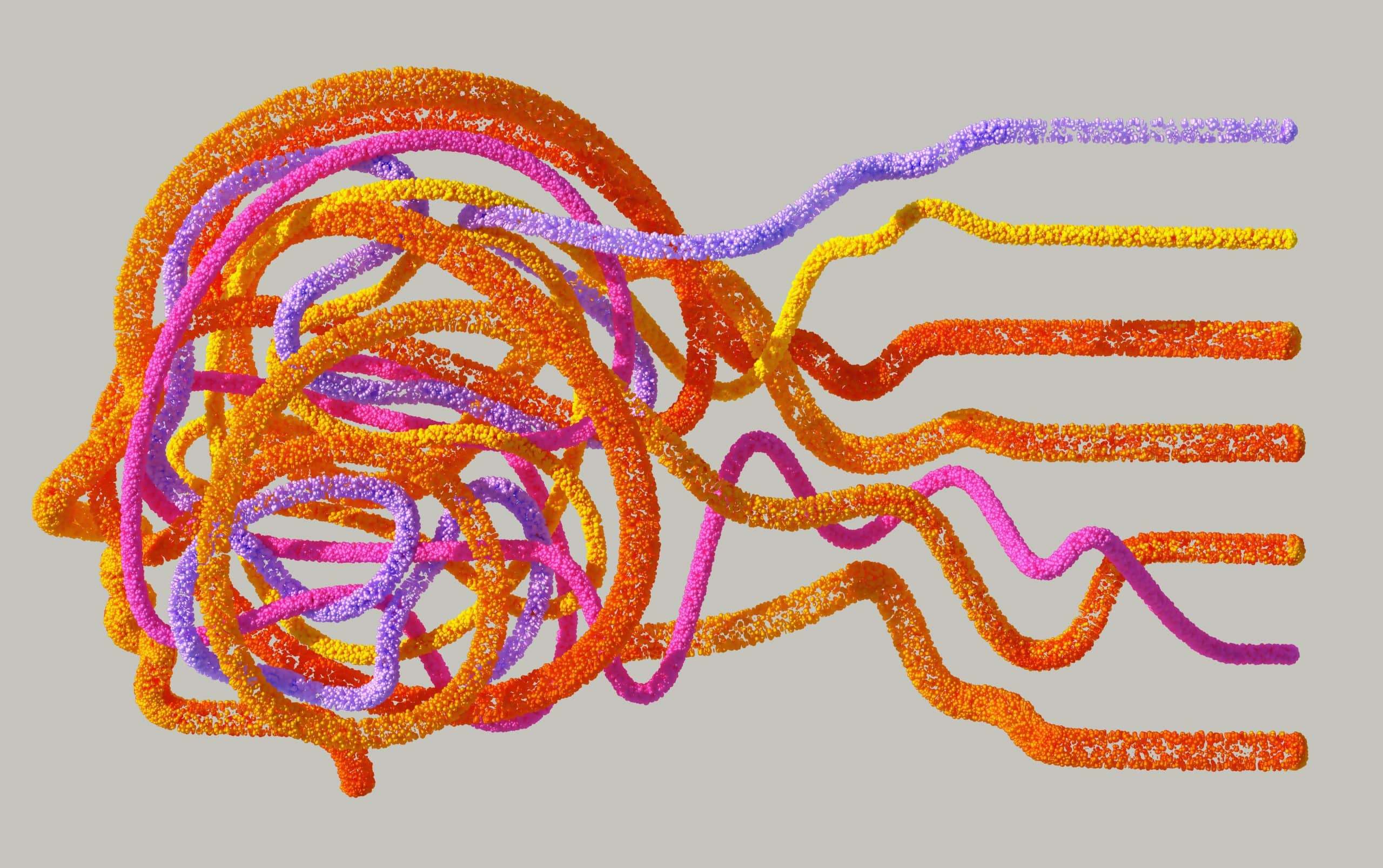Believe it or not, narcissists aren’t dangerous predators but are mentally sick people who should get help for their issues. Unfortunately, narcissists have a bad reputation among society as being dangerous predators who seek to destroy the self-esteem of everyone else to boost their own. However, this stigma against narcissists only increases the difficulty of aiding these people.
Whether narcissists won’t seek out help because of fear or that other people avoid them altogether, narcissism remains a difficult mental disorder to treat. Either way, as long as fear around narcissism continues, narcissists may never get the help that they need, and in fact, may even want.
Narcissistic Traits and Diagnosis of Personality Disorder

Before treatment for narcissism can occur, it should be stated that this mental disorder fluctuates along a spectrum. In other words, people who display narcissistic traits don’t automatically get diagnosed with narcissistic personality disorder as these traits are usually mild and inconsistent.
Generally, people who have narcissistic traits usually show their self-superiority occasionally and in certain situations. For example, someone may believe they should take leadership positions simply because they’re the best person for a particular job. Furthermore, people with narcissistic traits can take accountability for their actions which those diagnosed with narcissistic personality disorder struggle to do.
What is Narcissistic Personality Disorder
Narcissistic personality disorder will give affected people an extremely high sense of self-importance. On the surface, people with the disorder are constantly seeking attention and admiration from others, which leads these people to lack the ability to care or understand anyone else’s feelings.
In truth, narcissistic personality disorder simply gives people extreme confidence to hide their low esteem. Comparatively, the disorder is a mask that manipulates people into believing it’s their real face. That’s why, even the smallest hint of criticism causes extreme anxiety in affected people, which leads them to lash out or exacerbate their selfish behavior.
Narcissism’s Impact on Personal Relationships
Not only does narcissistic personality disorder affect a person’s self-worth, but it causes problems for other people as well. Since people with the disorder can be in constant need of validation, their relationships with others may become unfulfilling. As a result of their manipulation tactics to get their way, narcissists may struggle to maintain their relationships.
Ultimately, a narcissist’s relationship can be challenging as their disorder won’t allow them to see their own faults. Due to their inflated ego, narcissists may adopt manipulation and exploitation methods to try and get the validation they desperately seek from others. In turn, narcissists will struggle with healthy communication, which only drives people away.
Sub-types of Narcissistic Personality Disorder

Although the DSM-5 doesn’t give various types of narcissistic personality disorder, research has shown that there may be multiple sub-types to look out for.
The most popular type of narcissistic personality disorder is the grandiose sub-type, which describes the stereotypical attention-seeking, charming, and arrogant narcissist.
Did you know that narcissists could be shy? Well, vulnerable narcissists are hypersensitive people who avoid all criticisms, and may also suffer from chronic envy and grandiosity.
Lastly, high-functioning narcissists are extremely difficult to diagnose with the disorder as they may appear normal despite having classic narcissistic traits.
The Challenges of Treating Narcissism
Since narcissists have an attention-seeking personality, they may believe that they’re perfectly fine and not seek therapy or treatment. For those few narcissists who do seek out treatment, they may turn to substance abuse. On the other hand, some narcissists may seek treatment for other mental or personality disorders, further hindering their help to treat their narcissism.
Another reason narcissistic personality disorder is difficult to diagnose is because it’s likely to present with other severe mental health disorders. Underneath their grandiosity, narcissists may struggle with anxiety and depression too. Likewise, other personality disorders such as anti-social and borderline, can impact the proper diagnosis of narcissism in many people.
Treatment for Narcissistic Personality Disorder
Despite the challenges with diagnosing narcissistic personality disorder, treatment to help affected people shows promise. Typically, psychotherapy or talk therapy proves to be the best practice to help narcissists manage their disorder. With psychotherapy, narcissists can seek therapy alone or with others to help maintain their relationships and get back control of their lives.
Although there aren’t any FDA-approved medications to treat narcissistic personality disorder, other types of medication may help to relieve symptoms with co-existing disorders. For example, mood stabilizers and antidepressants can help narcissists deal with their anxiety and depression, while also aiding with other mood disorders that narcissists may have.
Just because narcissists are hard to understand doesn’t mean that they shouldn’t get help with their condition. Like with other personality disorders, narcissism may make relationships difficult, but with proper treatment and care, maintaining relationships doesn’t have to be impossible.
This article is intended simply to provide information. It is not intended to replace advice from a physician.
For More Great Content
Total Apex is an all-encompassing content producer. We provide heavily-detailed articles every day on entertainment, gaming, sports, and so much more! Check out all our great sports content Total Apex Sports. Check us out on X @TotalApexEandG and our other sites: Total Apex Sports Bets and Total Apex Fantasy Sports.









